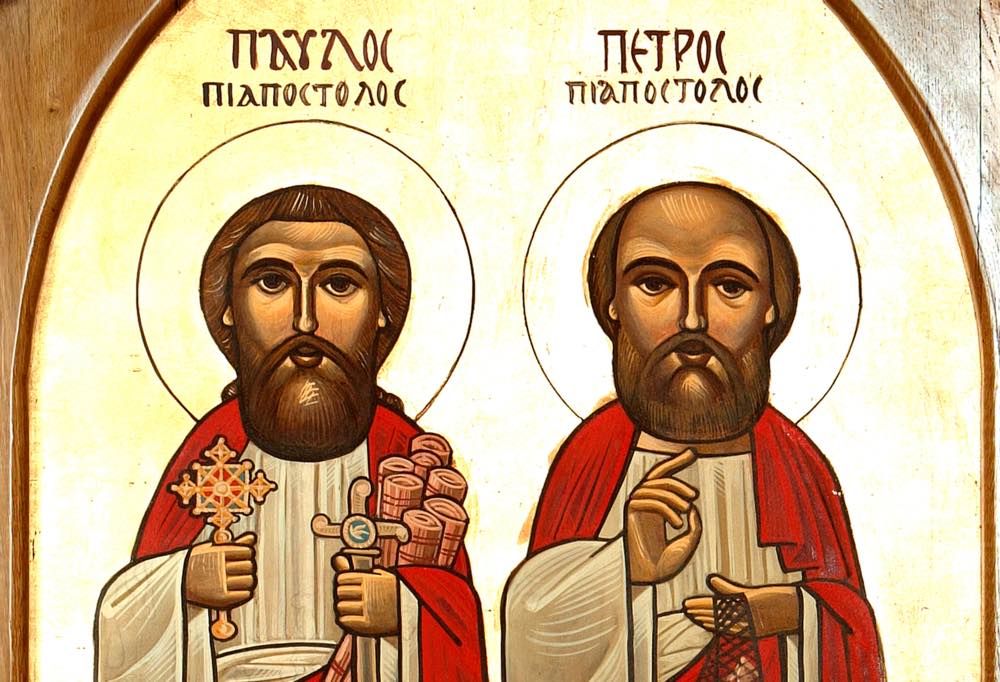SYDNEY, AUSTRALIA
AUSTRALIAN LAW MANDATES REPORTING ABUSE ADMISSIONS MADE IN CONFESSIONAL
(Catholic News Service) Laws requiring Catholic priests to break the seal of confession in some cases passed the Australian Capital Territory’s Legislative Assembly in Canberra June 7. The purpose of the Ombudsman Amendment Bill 2018 was to expand the Reportable Conduct Scheme governing allegations of child abuse and misconduct to include religious organizations.
The legislation passed without amendment. The Archdiocese of Canberra and Goulburn has nine months to negotiate with the government on how it will work before the start of reportable conduct requirements.
Writing in The Canberra Times June 7, Archbishop Christopher Prowse of Canberra and Goulburn said he supported the revised scheme, but would not support a requirement to break the seal of confession. He said such a requirement would neither help prevent abuse nor efforts to improve the safety of children in Catholic organizations.
Apart from the fact that child abusers do not confess their crimes to police or priests, such legislation would also threaten Catholics’ religious freedom, he wrote. “The government threatens religious freedom by appointing itself an expert on religious practices and by attempting to change the sacrament of confession while delivering no improvement in the safety of children,” he said.
WEIHUI, CHINA
GOVERNMENT OFFICIALS DESTROY WAY OF THE CROSS IN CHINA’S HENAN PROVINCE
(CNA/EWTN News) The sanctuary of Our Lady of Mount Carmel in China’s Henan province is a popular pilgrimage site for many Catholics, where thousands have journeyed since its founding in 1903 to pray and walk the shrine’s Way of the Cross.
However, on the evening of June 5, local government authorities tore down the sanctuary’s images of Christ along the Way of the Cross, only weeks after Chinese officials told Bishop Joseph Zhang Yinlin of Weihui (Anyang) to dismantle the Way of the Cross without any given reason.
The Way of the Cross was demolished during the night on Tuesday, said Bishop Zhang, when “excavators and pickup trucks were driven to the site at night because authorities feared there would be too many church members in the daytime,” according to UCA News.
Local nuns took videos and pictures of the damages and sent them to chat groups to record the vandalism. One religious source said the Communist Party was making an example out of the sanctuary, saying the government would “allow Catholicism to exist but not develop.”
The sanctuary of Our Lady of Mount Carmel is the only pilgrimage site in Henan province and is located in Tianjiajing village. It was a product of the vision of Bishop Stefano Scarella, P.I.M.E., who was vicar apostolic of Northern Honan from 1884 until his death in 1902. He dedicated the shrine to Mary, in gratitude for protecting missionaries during the Boxer Rebellion.
Despite the shrine’s rooted history in the province, the future of the sanctuary after the recent vandalism is unknown. Zhejiang province has also been a focus for local government persecution of Christians. There have also been reports of church demolition or removal of crosses in Shaanxi province and the Xinjiang Uyghur Autonomous Region.
President Xi Jinping, who was granted lifelong rule in March has urged greater government control and less foreign influence over religions in China. New restrictions were put in place by the Chinese government Feb. 1 making it illegal for anyone under the age of 18 to enter a church building.
MANILA, PHILIPPINES
THIRD PHILIPPINE PRIEST SHOT SINCE DECEMBER
(Catholic News Service) A Catholic priest who once served as chaplain of the Philippine National Police was wounded after a gun attack June 6 in Calamba City, about 25 miles from Manila. Fr. Rey Urmeneta, 64, a priest at St. Michael the Archangel Parish in the city, was on his way to a church meeting when two gunmen shot him.
A police report obtained by ucanews.com said the priest was in his car with Secretary Remedios de Belen when the shooting occurred about 9.40 a.m. Urmeneta suffered wounds to his left upper back and left arm. He was rushed to a hospital, where he was reported to be in stable condition. An investigation was continuing to determine the motive for the attack, although the priest has already told police that the incident may have something to do with people who owed him money.
In April, Fr. Mark Ventura of Gattaran in northern Philippines died after being shot by a lone gunman after celebrating Sunday Mass. On Dec. 4, Fr. Marcelito Paez was also shot and killed in the town of Jaen, about 70 miles north of Manilla.
Faith-based social development network Philippine Misereor Partnership Inc. has lamented the deaths of the priests who were known to be human rights defenders. “To kill a priest who has chosen to live a life with simple people in distant and forgotten places to make up for the lack of government presence in the area is preposterous,” Esguerra said in a statement.
Philippine human rights groups said the killings of the priests and the attacks on human rights defenders in the country have become “a source of our deep concern.” Global Witness, a London-based human rights organization, said the Philippines was the second deadliest country for activists in 2017.
Tej Francis
Email: tejfrancis@gmail.com

 Follow
Follow


